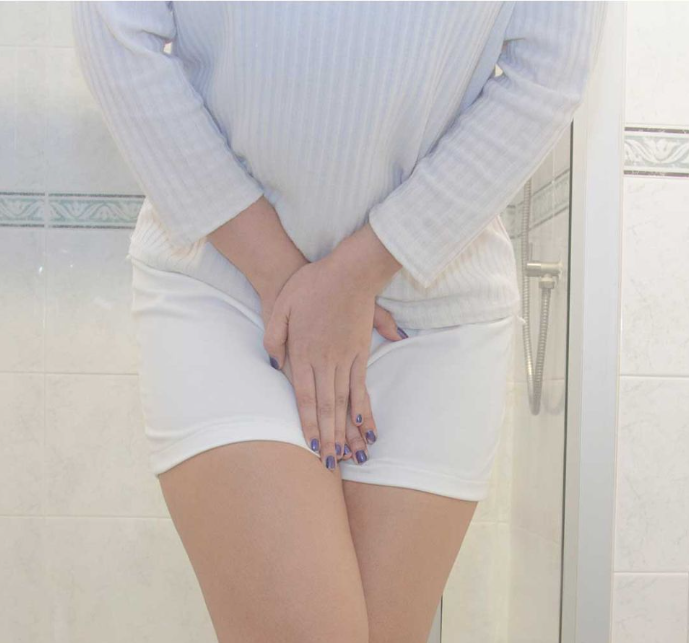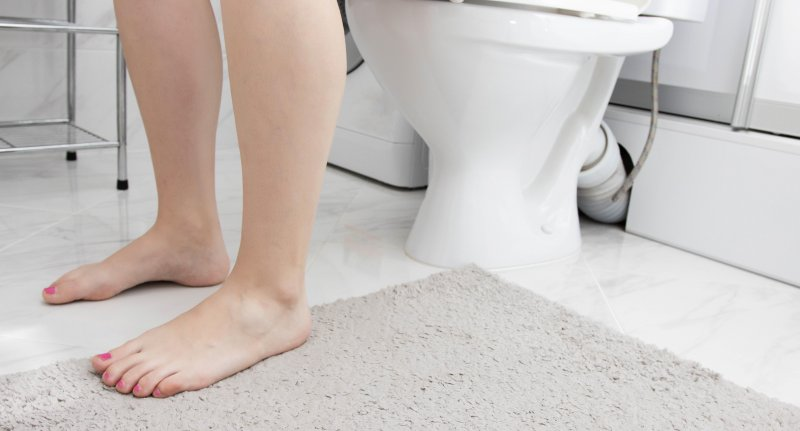Waking up frequently to urinate at night can be incredibly disruptive, making it difficult to get a good night’s rest. This common condition, known as nocturia, affects people of all ages but becomes more prevalent with aging. While waking up once in a while to use the bathroom might be normal, frequent nighttime trips can be a sign of an underlying issue. In this article, we’ll explore the causes of nocturia and what you can do to minimize it for better sleep and overall well-being.
Understanding Nocturia: Why You’re Waking Up to Urinate

Nocturia is the medical term for waking up at night to urinate. While it’s normal to get up occasionally, experiencing this regularly can indicate something more than just drinking too much water before bedtime. Nocturia can be caused by a variety of factors, ranging from lifestyle habits to underlying medical conditions. Let’s dive into some of the most common causes and explore how to manage them.
Common Causes of Frequent Nighttime Urination
There’s no one-size-fits-all answer to why you’re getting up to pee at night. Several factors can contribute, and identifying the specific reason is key to addressing it effectively.
1. Aging and Bladder Function
As we age, our bodies naturally undergo changes that can affect bladder control. The bladder’s capacity to hold urine decreases, and the production of antidiuretic hormone (ADH), which helps concentrate urine, also declines. This means more diluted urine is produced, often resulting in more frequent nighttime urination.
Quick Tip: Staying well-hydrated throughout the day while reducing fluid intake in the evening can help manage this age-related change.
2. Diet and Fluid Intake
What you eat and drink throughout the day can have a direct impact on nighttime urination. Consuming large amounts of fluid before bed, especially caffeinated drinks, alcohol, or acidic beverages, can increase urine production. Certain foods, such as spicy or citrus-based items, may irritate the bladder and lead to more frequent urges.
Quick Tip: Try to limit your fluid intake two hours before bedtime, and avoid known bladder irritants in the evening to reduce nighttime trips to the bathroom.
3. Underlying Medical Conditions
Several medical conditions can cause frequent urination at night, including:
- Diabetes: High blood sugar levels can cause increased thirst and urination, both day and night.
- Heart Failure: This condition can cause fluid buildup, which is reabsorbed when lying down, leading to increased urination.
- Urinary Tract Infections (UTIs): UTIs can cause increased urgency, burning, and frequent urination, which can occur at night.
Quick Tip: If you suspect a medical condition is causing your symptoms, consult a healthcare professional for proper diagnosis and treatment.
4. Medications and Their Side Effects
Certain medications, particularly diuretics (water pills) used to treat high blood pressure, can increase urine production, leading to nocturia. Some other medications, like certain antidepressants or antipsychotics, can also affect the bladder or increase thirst, indirectly contributing to nighttime urination.
Quick Tip: Talk to your doctor about adjusting the timing of your medication if it seems to be causing frequent nighttime urination.
Lifestyle Factors Contributing to Nocturia

Your daily habits and routines can play a significant role in whether you experience nocturia. Let’s look at some lifestyle factors that may be contributing to frequent nighttime urination.
5. Smoking and Lack of Physical Activity
Smoking can irritate the bladder, increasing the urge to urinate, while a sedentary lifestyle can lead to fluid retention in the legs. When you lie down at night, this retained fluid can be reabsorbed into the bloodstream, causing your kidneys to produce more urine.
Quick Tip: Quitting smoking and incorporating regular physical activity can improve overall bladder health and reduce nighttime trips to the bathroom.
6. Hormonal Changes
For women, hormonal changes during menopause can affect bladder function. The drop in estrogen can weaken the pelvic floor muscles, leading to more frequent urination. For men, prostate enlargement is a common cause of nocturia, as it can restrict urine flow and prevent complete emptying of the bladder.
Quick Tip: Pelvic floor exercises, like Kegels, can help strengthen the muscles that control urination for both men and women.
7. Stress and Anxiety
Stress and anxiety can impact your body in many ways, including increased urination. The body’s fight-or-flight response can stimulate the need to urinate more frequently, even during the night.
Quick Tip: Try relaxation techniques, like meditation or deep breathing exercises, to manage stress and improve your sleep quality.
Sleep Disorders and Nocturia

Interestingly, sleep disorders themselves can contribute to nocturia. Conditions like obstructive sleep apnea (OSA) cause the body to produce more urine at night. People with OSA often find themselves waking up frequently, with nocturia being a common complaint.
Quick Tip: If you suspect a sleep disorder is causing your nighttime urination, consider a sleep study or consultation with a sleep specialist for proper diagnosis and treatment.
Effective Ways to Manage Frequent Nighttime Urination
Once you identify the cause of your nocturia, you can try several strategies to manage it and improve your sleep.
1. Adjust Your Evening Routine
- Reduce fluid intake in the two hours before bedtime.
- Elevate your legs in the evening to help prevent fluid retention from pooling in your lower extremities.
- Use the bathroom before bed to ensure your bladder is empty before you sleep.
2. Try Bladder Training Exercises

Bladder training involves gradually increasing the time between urination to help the bladder hold more urine for longer periods. This approach can be effective for some people, but it takes consistency and patience.
3. Consider Medical Treatments
If lifestyle changes aren’t enough, your doctor may recommend medications to reduce urine production or treat any underlying medical conditions. For some, surgical interventions may be considered to address specific structural issues affecting bladder function.
Conclusion: Improving Sleep by Managing Nocturia
Nocturia can be a frustrating and disruptive condition, but with a clear understanding of the causes and the right strategies, it can be managed. From lifestyle adjustments and dietary changes to medical treatments, finding the right approach can help you enjoy better sleep and improved quality of life. Remember, if frequent nighttime urination continues to impact your sleep, it’s essential to consult a healthcare professional to determine the underlying cause and receive appropriate care.


